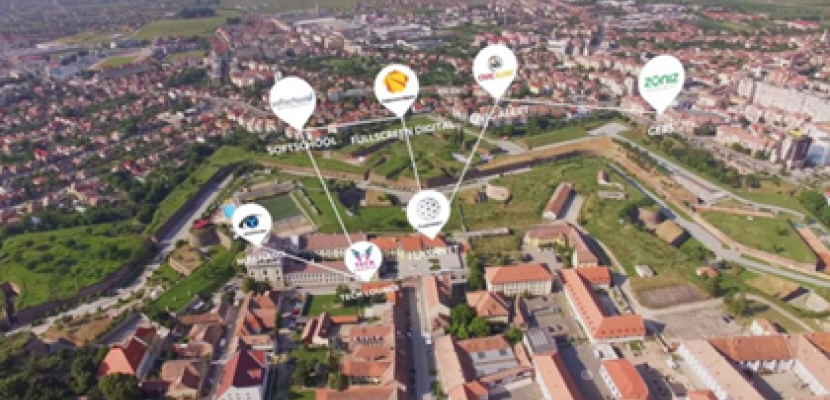
Alba Iulia’s Smart City Public-Private Partnership

About this good practice
The Smart City Alba Iulia initiative was launched to address inefficiencies in urban management, such as high energy consumption, traffic congestion, and outdated waste management systems. Given the city’s status as a historical and cultural hub, modernization efforts had to balance innovation with heritage preservation. The city partnered with tech companies like Orange, Microsoft, and Siemens to implement smart city solutions that address these challenges.
The initiative involves deploying intelligent street lighting, optimising waste collection through sensor technology, and enhancing tourism with digital platforms and augmented reality. These measures have improved service delivery, reduced costs, and boosted environmental sustainability. The municipality’s facilitation role involved providing pilot zones for testing and data collection while ensuring community engagement through information campaigns and workshops.
Main Stakeholders and Beneficiaries:
- Municipality of Alba Iulia: Project oversight and facilitation
- Tech Partners (e.g., Orange, Microsoft): Solution implementation and co-investment
- Residents and Local Businesses: Primary beneficiaries of improved urban services
- Tourists and Cultural Organisations: Enhanced cultural experiences and tourism management
Expert opinion
Resources needed
Financial Resources: Approximately €6 million in total, combining EU structural funds and private investment
Human Resources: A core team of municipal officials, project managers, and tech company staff, supported by university researchers for data analysis
Evidence of success
Energy Savings: Smart street lighting reduced energy consumption by 40%
Operational Efficiency: Waste management costs decreased by 20% through optimised collection routes
Community Engagement: Surveys show an 85% approval rate for the improvements in public services
Potential for learning or transfer
This practice showcases effective collaboration between public and private sectors, making it a transferable model for cities seeking digital transformation. The key success factors include strong stakeholder commitment, co-funding mechanisms, and adaptability to local contexts. However, challenges such as initial resistance to change and the need for ongoing digital
literacy efforts may hamper transfer. Cities like Valencia, Spain, have already expressed interest in adopting similar smart solutions, demonstrating the model's potential for widespread application.
Further information
Good practice owner
You can contact the good practice owner below for more detailed information.

